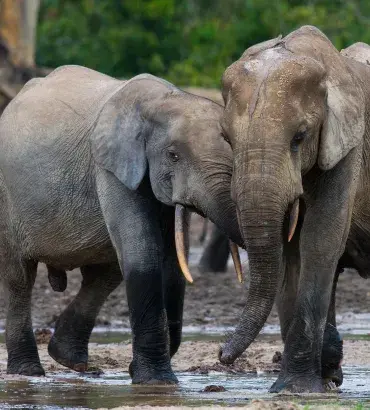Dja

This remote landscape includes the Dja Faunal Reserve, a UNESCO World Heritage Site and biosphere reserve that spans over 526,000 hectares in southeastern Cameroon. The terrain is part of the Congo Basin rainforest, which is the world’s largest carbon sink and the last intact tropical rainforest.
With the support of the European Union, we and our partners are integrating conservation and community well-being through:
- Anti-poaching support
- Development of sustainable livelihoods (green cocoa production, valuation of non-timber forest products, fish farming)
- Facilitation of ecological surveys and monitoring to inform park management and land-use planning
These activities work synergistically to advance conservation goals. Results have been promising. In 2022, hunting rates in the Reserve dropped by more than half.
Building a Post-Hunting Wildlife Economy
We increase income, food security, and sustainability by providing alternative livelihoods to bushmeat hunting, poaching, and unsustainable agriculture. We've trained people in improved cocoa farming, fish farming, and sustainable harvesting of non-timber forest products (NTFPs) like njansang and moabi. We also contributed to community resilience by improving market access and pricing and providing transportation for communities who gather NTFPs and cocoa.
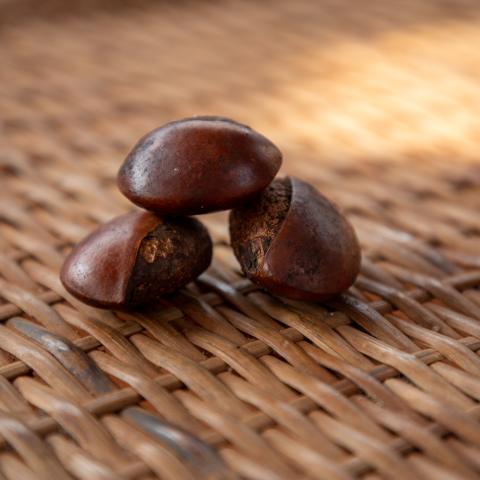
Participatory Planning Benefits People and Wildlife
We bring together everyone in the landscape with a vested interest—including community members, government officials, and Indigenous people—to shape conservation strategy. With our technical assistance, the parties have created strategies that prioritized not only wildlife protection but also the improvement of local livelihoods.
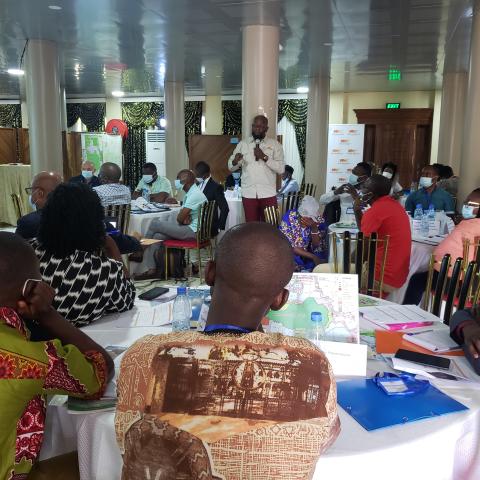
Meeting the needs of the Indigenous community
The reserve is home to one of the most prominent Indigenous Peoples in Africa, the Baka people. In recent years, their traditional livelihoods have been threatened by increased logging and poaching. To sustain their livelihoods and counter poaching and wildlife trafficking, we are partnering with the community to increase their incomes and diversify food sources.
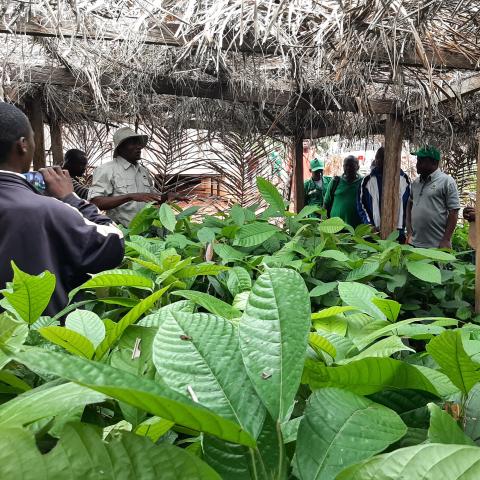
Supporting Strategic Anti-Poaching
AWF has provided rangers with essential anti-poaching equipment and training. Our Conservation Geography team helps park staff map poaching hotspots to inform decision-making about where to deploy patrols. We also established ranger bases at four priority sites in the reserve and installed camera traps and acoustic sensors to support wildlife monitoring and anti-poaching efforts.
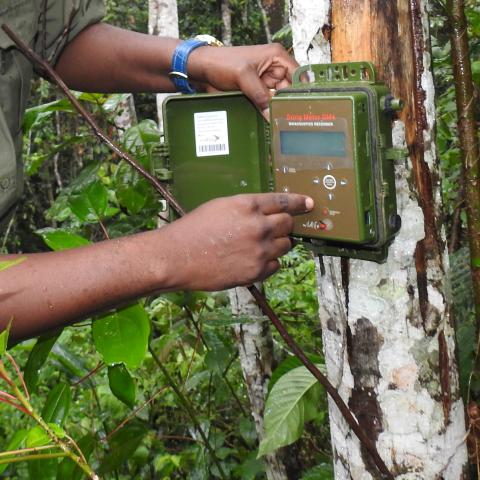

Pagination
- Previous page
- Page 2
